A designer’s secret for creating clever logos
One assignment I give my students early in the school year is to draw 100 visual clichés in 20 minutes. I define these as ideograms that represent a single meaning and are instantly recognizable. Then I have them combine two of these in a new logo, which, if solved successfully, creates a new and unexpected image.
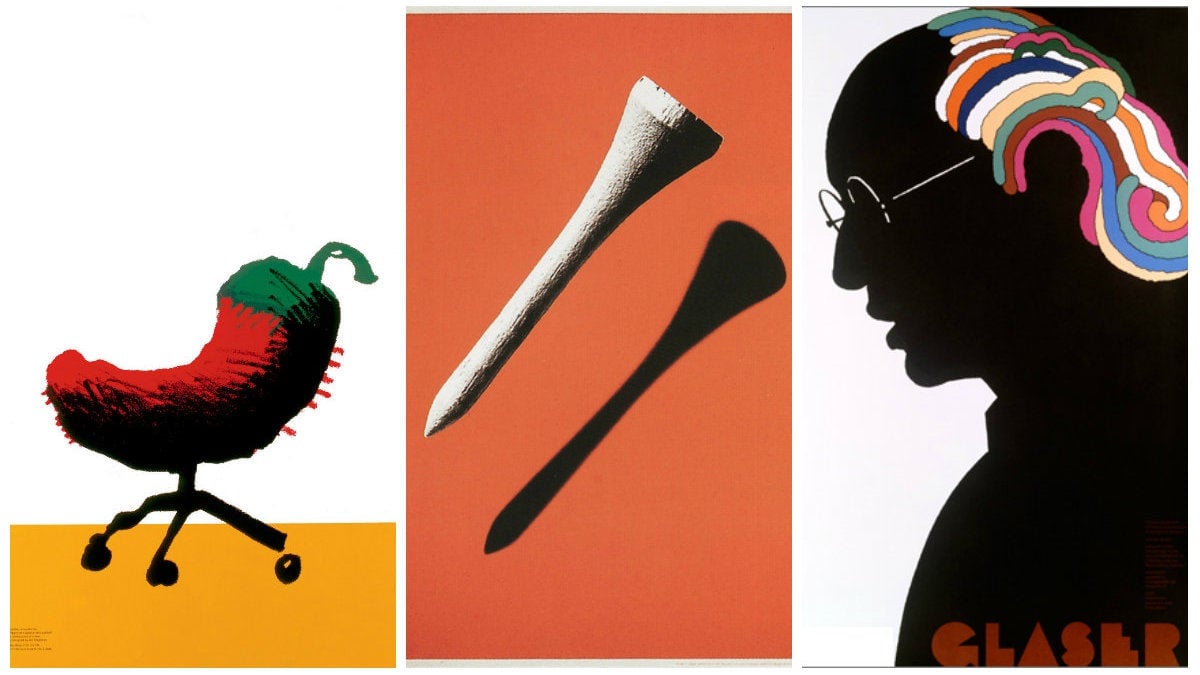

One assignment I give my students early in the school year is to draw 100 visual clichés in 20 minutes. I define these as ideograms that represent a single meaning and are instantly recognizable. Then I have them combine two of these in a new logo, which, if solved successfully, creates a new and unexpected image.
Perhaps no one is the master of this technique more than AIGA medalist Woody Pirtle, who has well over 100 entries in the AIGA design archives. Examples of his brilliant use of this method abound. In 1984 he created the iconic Knoll “Hot Seat poster.” For a 1987 lecture by graphic designer Milton Glaser on “Inspiration, influence, and plagiarism” Pirtle parodies Glaser’s “Dylan” poster to humorous and meaningful effect.
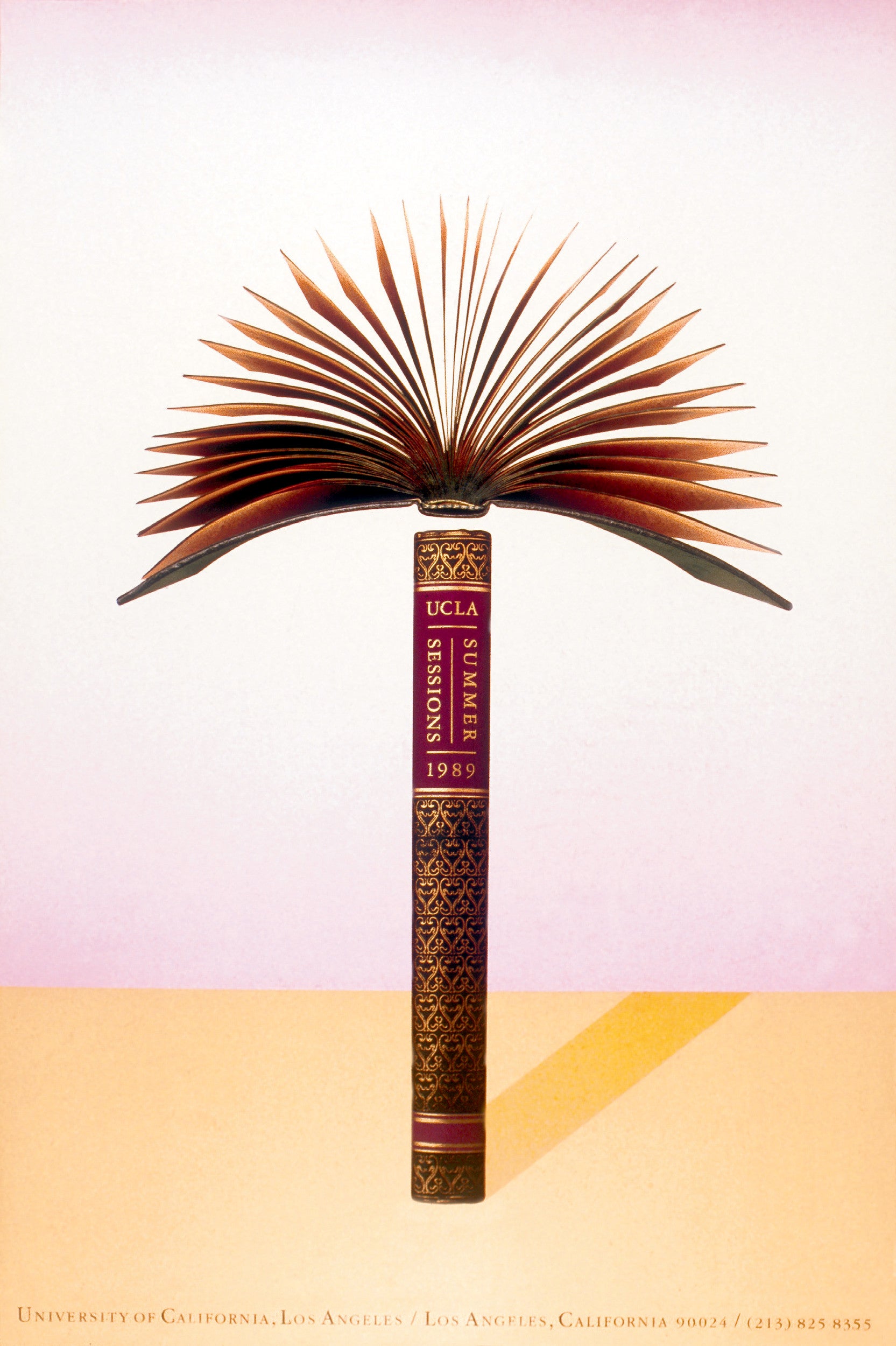


His 1989 UCLA Extension Summer Series poster combines scholarly study with Southern California climes. For his 1991 logo for Fine Line Features, a division of New Line Cinema, the “F” and clapboard become one. In 2001’s “Stop Gun Trafficking” poster, the pistol is comprised of arrows. His 1994 poster for the Ambassador Arts Alphabet Poster Series makes great use of substitution rather than combination.
Texas born Pirtle was raised in Louisiana. Upon graduating from University of Arkansas in 1967 he worked at a small ad agency in Shreveport before moving with his family to Dallas to work with Stan Richards & Associates (now The Richards Group) until 1978. The following year he set out on his own, designing TGI Friday’s interiors, menus, and marketing materials along the way. In 1988 he joined Pentagram as a partner in the New York office, eventually becoming director. Remarkably, I assigned Woody his very first book cover for Mister Stupid Goes To Washington in 1992. See the way he combines Mickey Mouse ears with the Capital as a hat atop then vice-president Dan Quayle’s head:
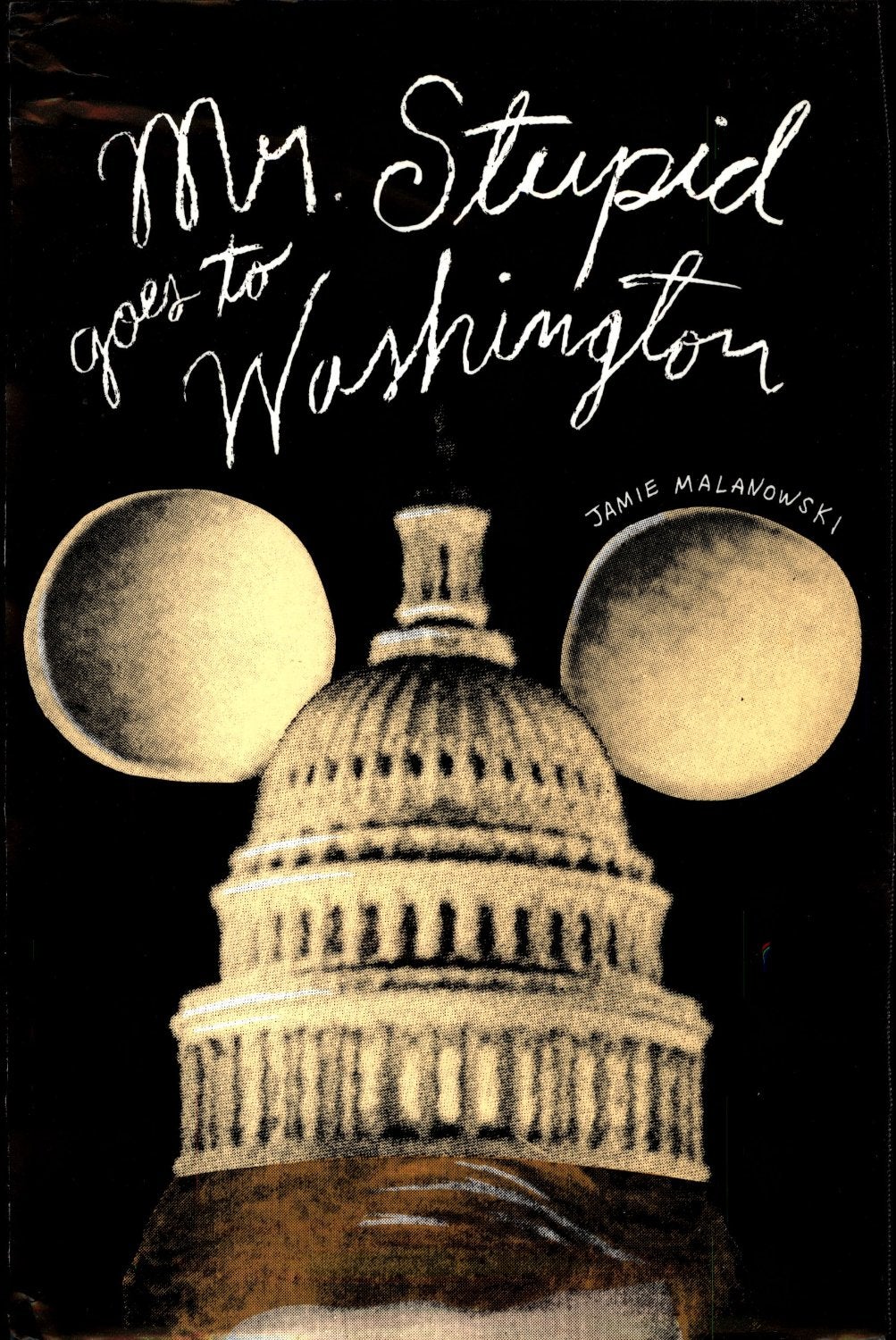
He left Pentagram in 2005 to re-establish Pirtle Design in a late 18th-century, three-building compound in upstate New York where he also lives. Recently, his 2002 “Stop the Plant” poster for the Hudson Valley Preservation Commission was appropriated verbatim by another designer, Pejman Haghjoo, who claimed it as his own and exhibited it in both the 4th Block poster exhibition as well as at the Riverside Museum in California. Sometimes imitation is not the sincerest form of flattery.
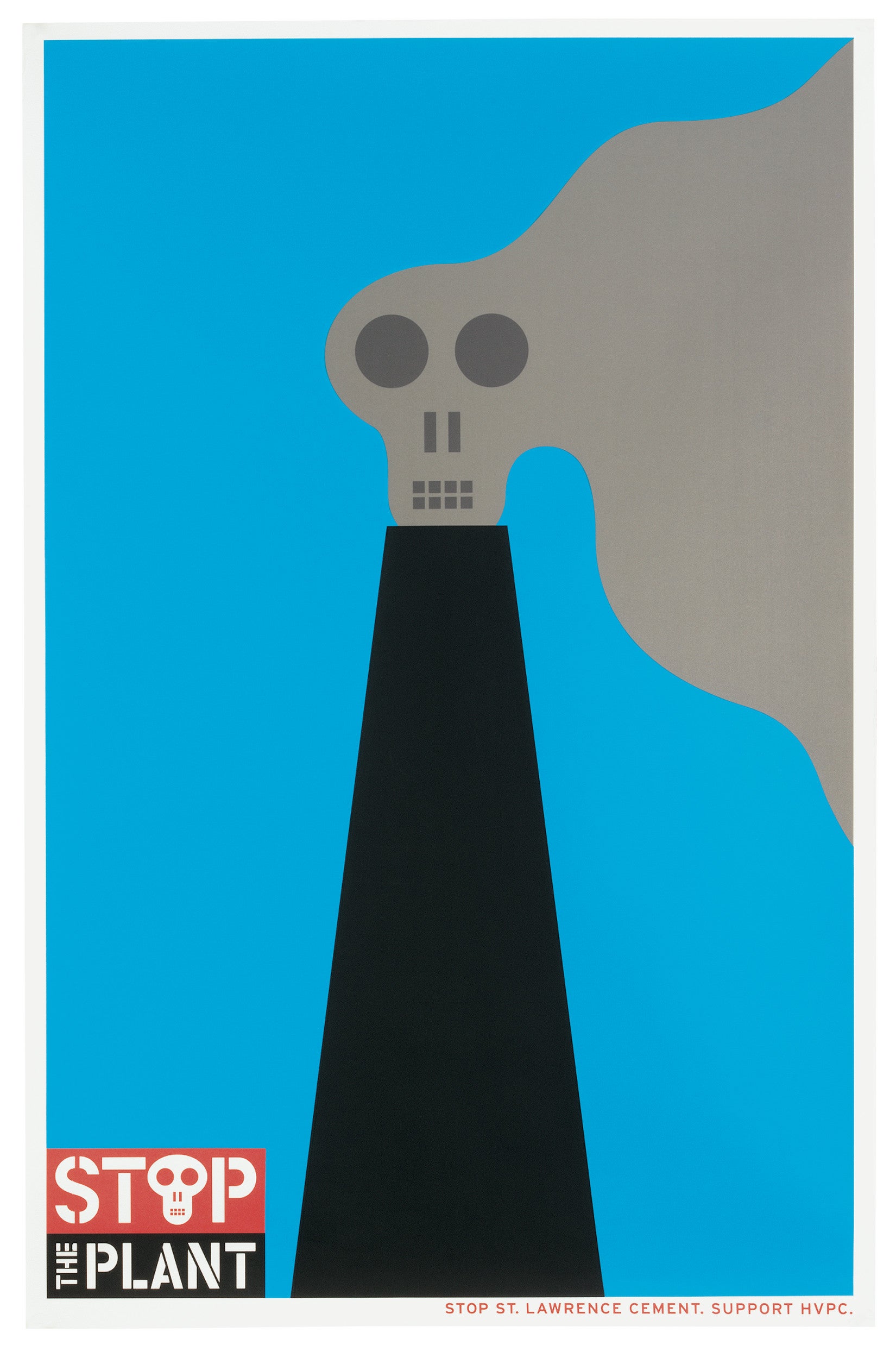
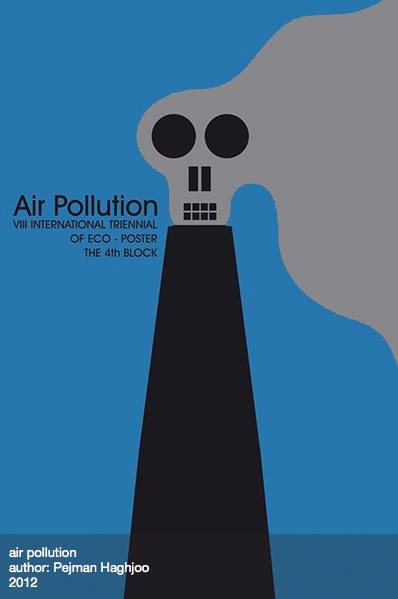
Still, Woody remains positive about the field and offers this advice for those starting out:
Being a designer isn’t a job, but a way of life. Everything a passionate designer does is guided by design. My life is tied together by design. The commercial work, the socially focused work, my home and surroundings, my paintings, collages, and assemblages all come from my love for design and my aesthetic sensibility. Passion is the key. If you don’t love what you do, and do it with passion, you probably won’t do it very well…
This post originally appeared at AIGA Eye on Design.